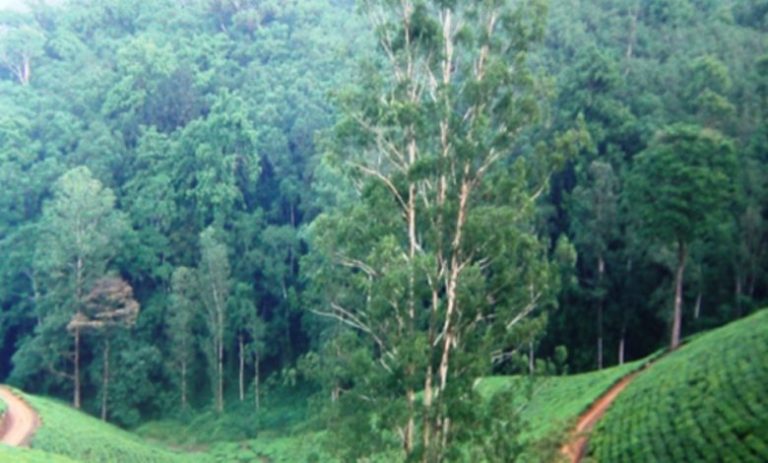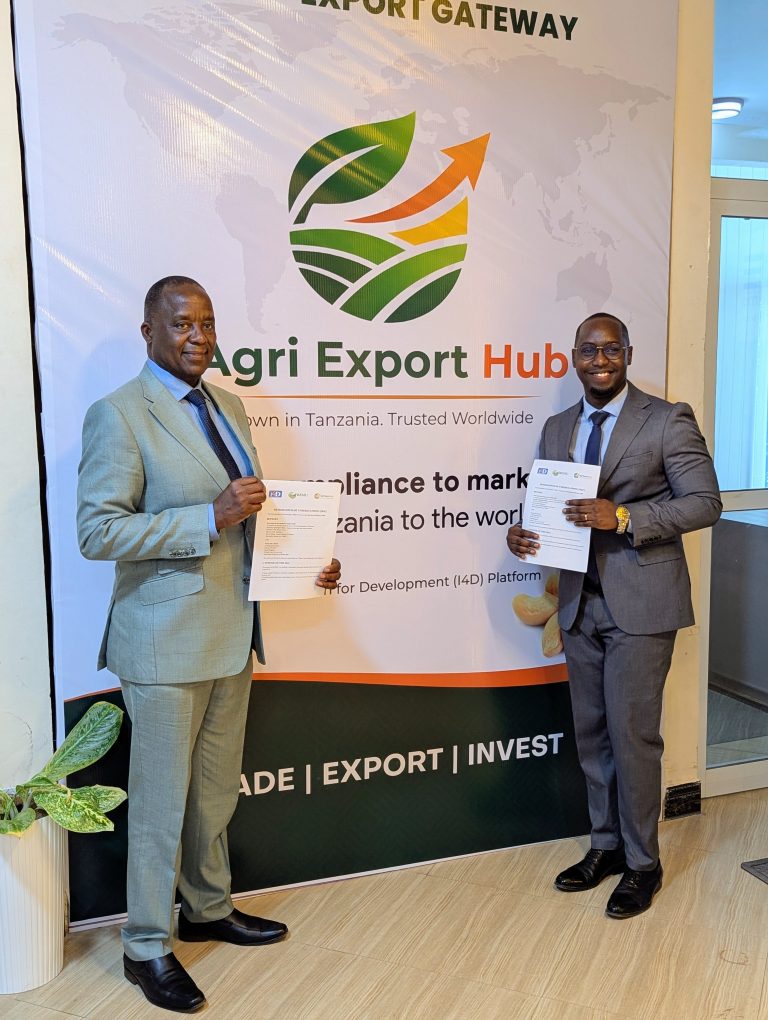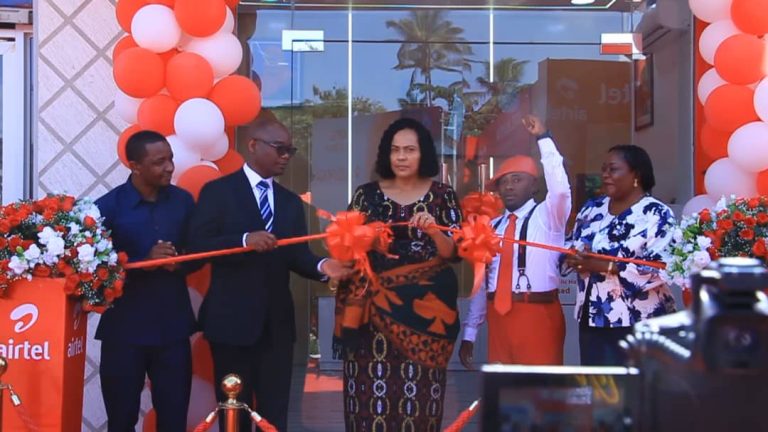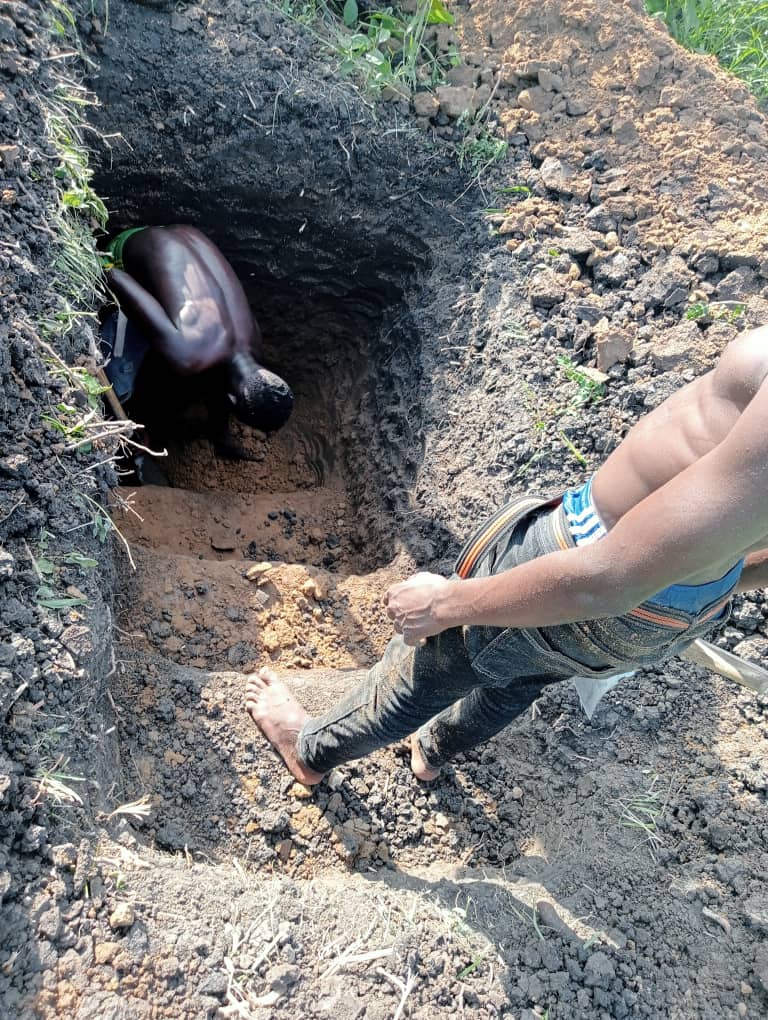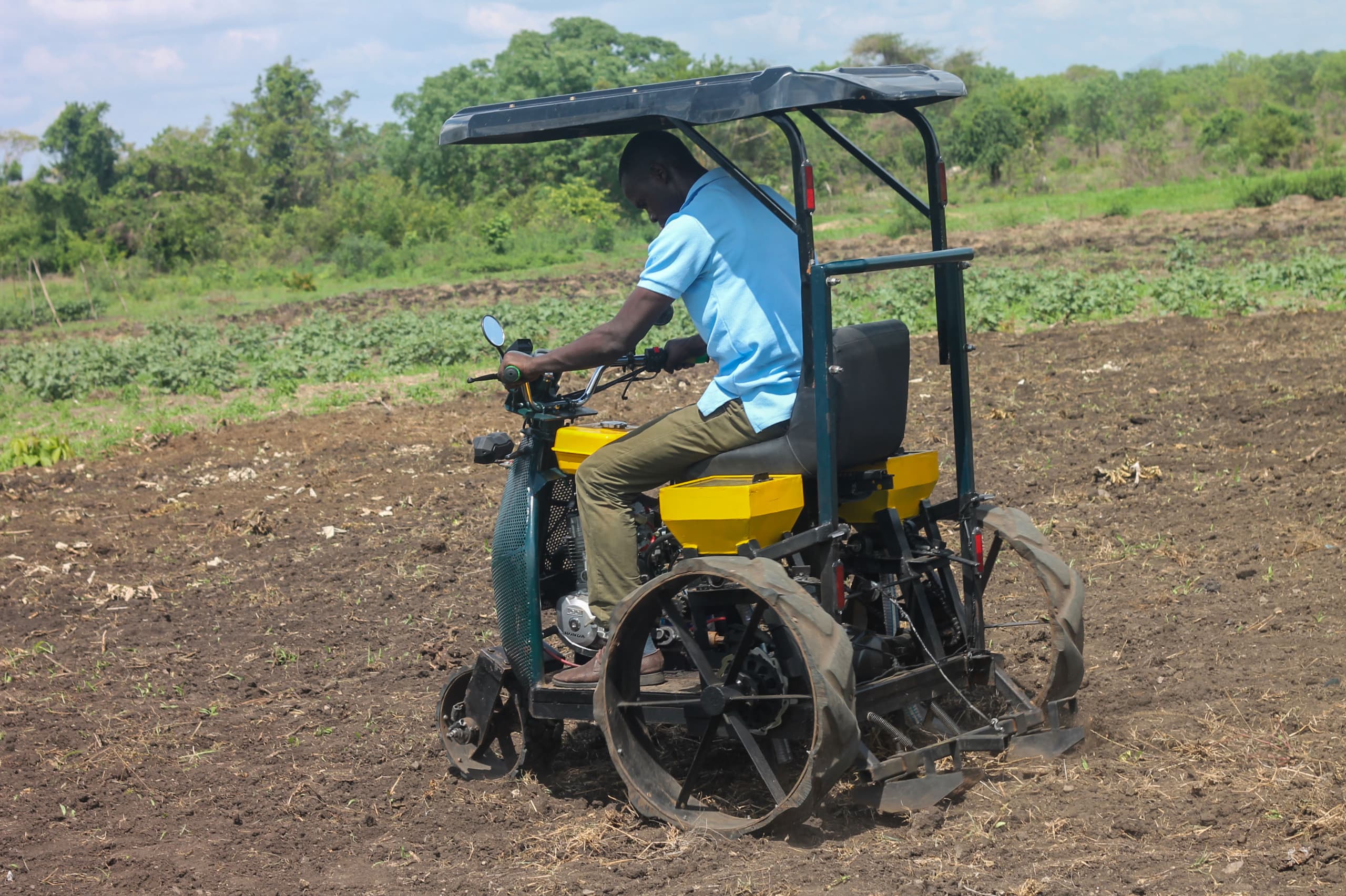
Singida, Dodoma and Manyara are the leading regions for the production of sunflower, followed by Iringa, Njombe and Mbeya.
By Senior Reporter VALENTINE OFORO
THE Tanzania Agricultural Research Institute (TARI) has invented a special planter to assist the sunflower farmers in Tanzania to mechanise their cultivation.
The farming implement, the ‘Sunflower Rafiki Planter Prototype’, has been developed by the Mwanza- based TARI Ukiriguru center in cooperation with the Centre for Agricultural Mechanization and Rural Technology (CAMARTEC).
The facility has been designed with the capacity to use one liter of petrol to plant one acre of sunflower for one hour.
Speaking during an event for the trial of the machine in Mayaha village, Itigi District in Singida, the Director of TARI Ukiriguru, Dr. Paul Saidia said invention of the planter was a result of implementation of the Food Systems Resilience Program for Tanzania (TFSRP).
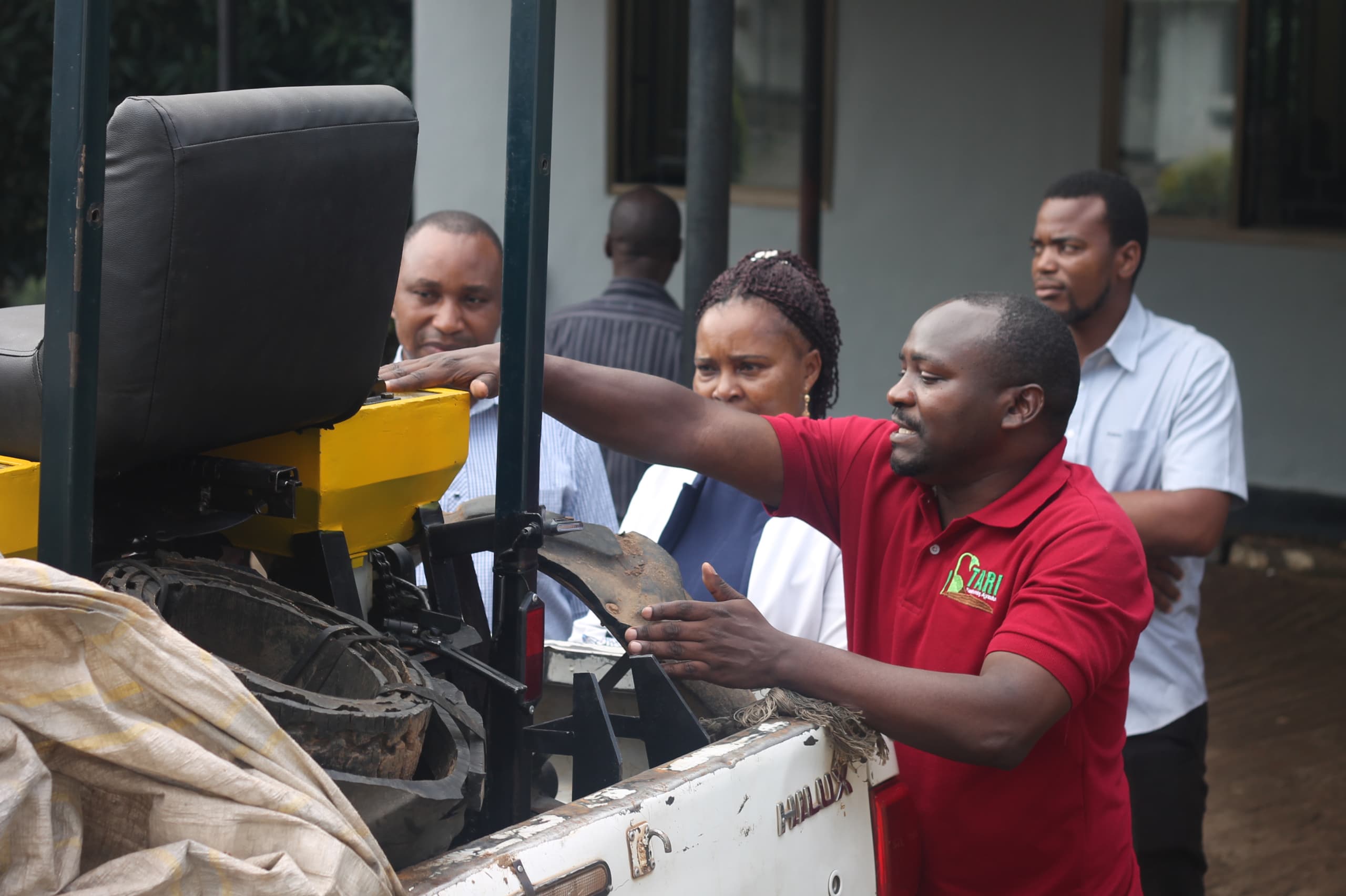
The program which runs under supervision of the ministry of agriculture focuses to support food systems resilience by strengthening agricultural service delivery, the adoption of climate resilient technologies, and fiscal performance in the agricultural sector.
“We’re currently running special trials of the equipment in different regions with production of the edible oil raw crop, including Morogoro, Singida, Dodoma and Simiyu, the exercise which engages the relevant farmers in the fields,” Dr Saidia said.
He noted, the vision behind the ongoing trials is to have the farmers familiarizing with the machine, but also to receive the necessary inputs in case it requires any further improvements.
” Use of this implement will assist the sunflower growers to plant as per recommended space while cutting down the sowing costs,” Dr Saidia added.
Speaking for his part, the Assistant Administrative Secretary, Economic and Production Sectors in Singida Region, Mr Stanslaus Choaji said the planter will play role to help the small-scale farmers to improve their production.
“Majority of smallholder sunflower farmers in Singida are failing to harvest bumper due to failure in adopting use of modern machines,” he said, adding that the available machines are sold at high prices in surpass to the farmers economic muscles.
For his part, Mr Solo Lameck, a farmer in Mayaha village, Itigi District in Singida where the trial of the tool was carried out, hailed TARI for introducing the farming machine, saying it will be a catalyst for attracting young people to agricultural activities.
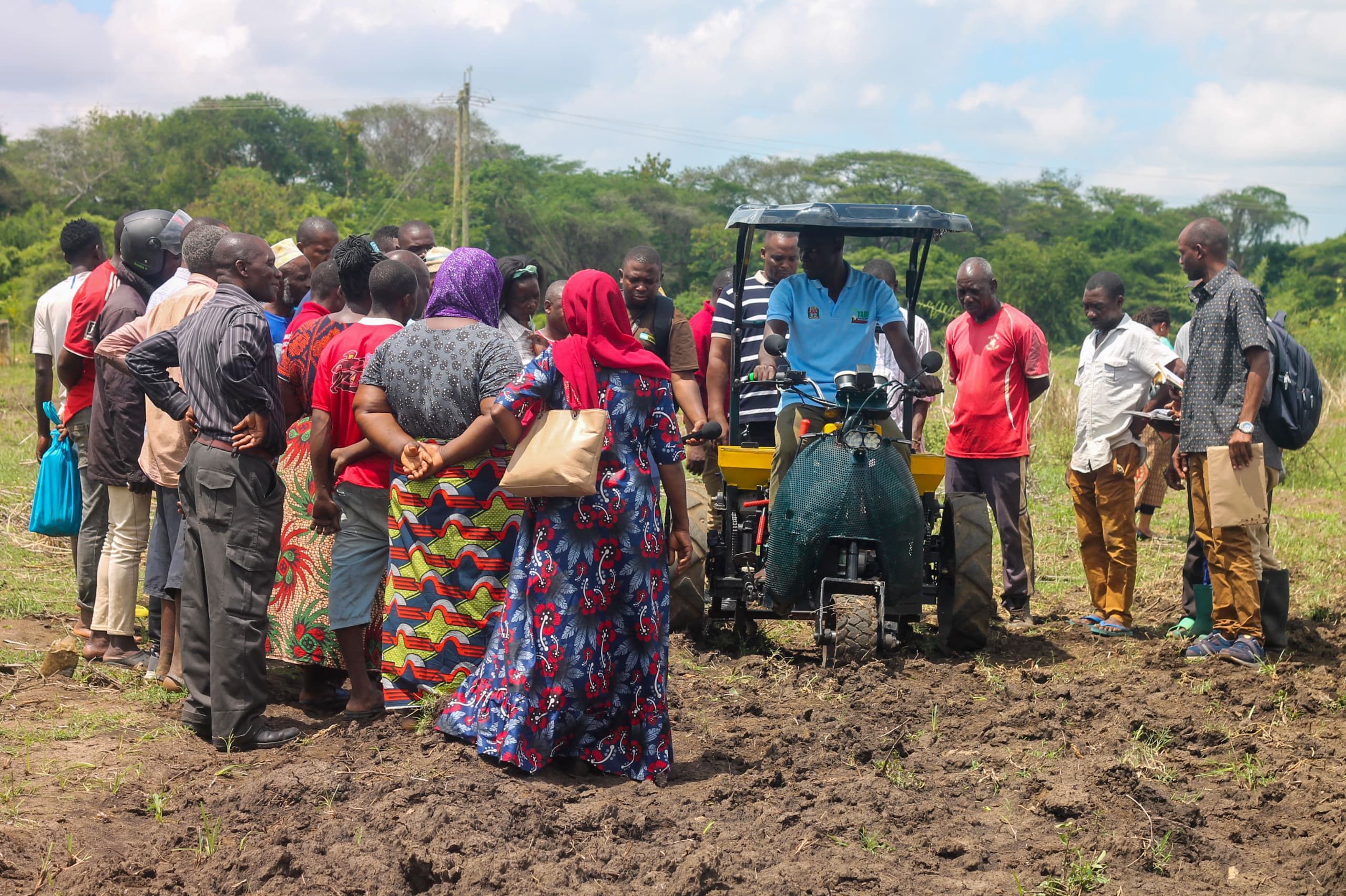
Mr Dauson Malela, the Lead Innovator for the planter said the implement has been designed to cater for the local farmers, saying it will play key role to assist their cultivation.
Tanzania is currently a top producer of sunflower in Africa, the development which has been propelled by efforts by the government to implement viable strategies to elevate performance of the sub- sector, including opening windows for the private sector to chin – in the sub- sector, especially in seeds production area.
The National Coordinator for Sunflower Crop Research, Frank Reuben said the edible- oil raw crop is now cultivated in all regions across the country, except Dar es Salaam.
Singida, Dodoma and Manyara are the leading regions for production of sunflower, followed by Iringa, Njombe and Mbeya.
Impeccable statistics from the parent ministry shows that they’re at least 1.6 million farmers cultivation the crop under a total of 800,000 households within the country.
ABOUT TARI UKIRIGURU
TARI Ukiriguru is located 28 km south of Mwanza on 2° 43′ 0″ South, 33° 1′ 0″ East at 1236 m above sea level.
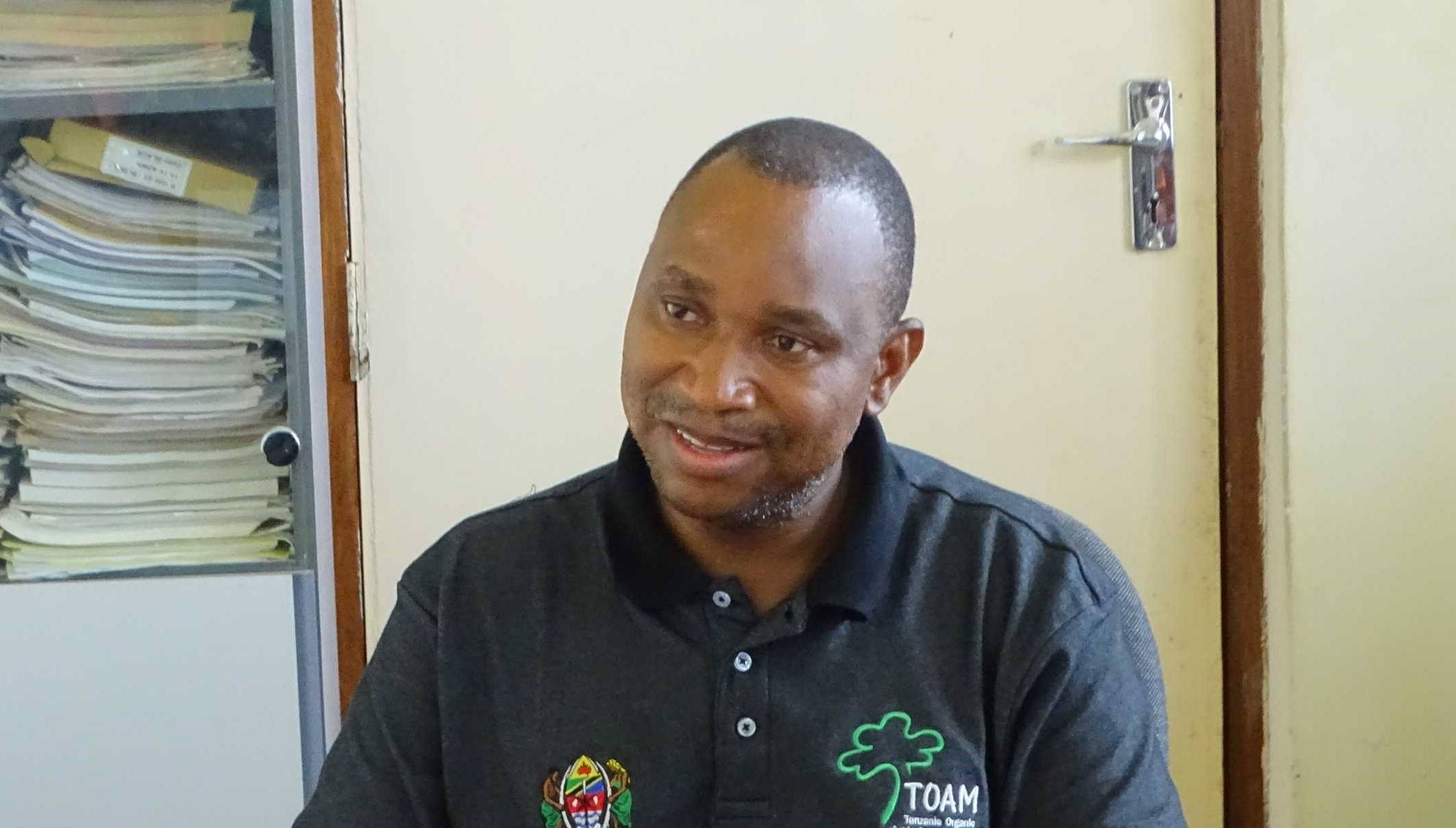
TARI Ukiriguru is among of the 18 TARI centres, which is mandated to coordinate research and technology transfer on cotton and root crops technological innovations in the country. The focus is to serve as a source of agricultural technology generation and dissemination in the different farming systems for better satisfaction of her clients.
The centre is endowed with a diverse skilled, knowledgeable, experienced and committed staff in the areas of biotechnology, breeding, agronomy, entomology, pathology, food science and post-harvest management, natural resources management and engineering, Socio economics and Marketing, among others in agricultural development. It has also a strong support team in areas of finance, procurement, ICT, and Monitoring Evaluation and Leaning



